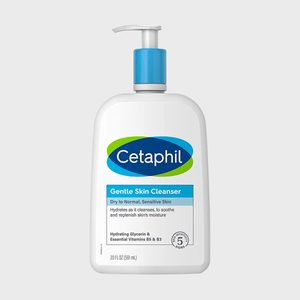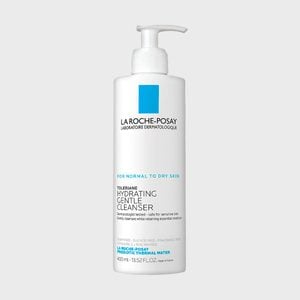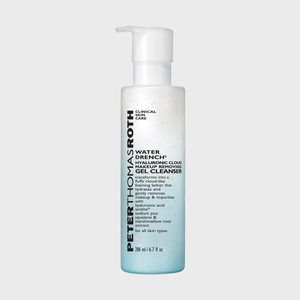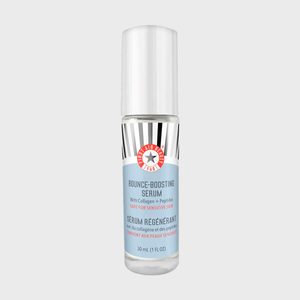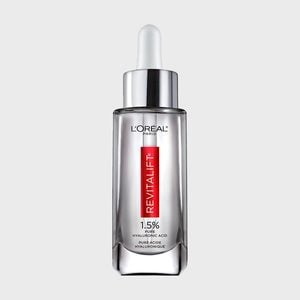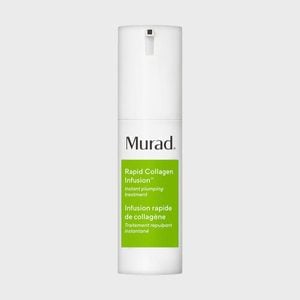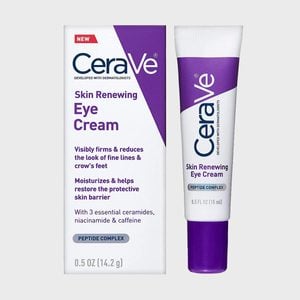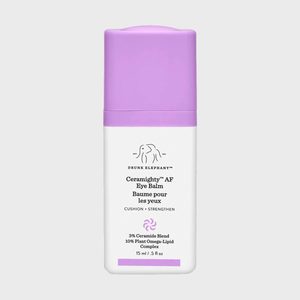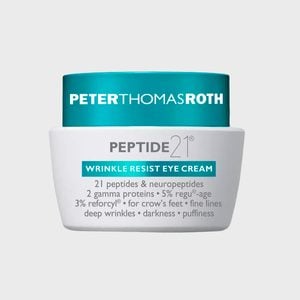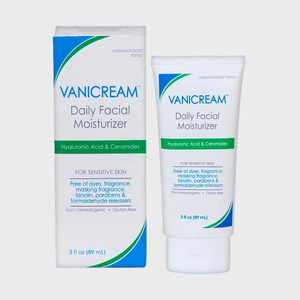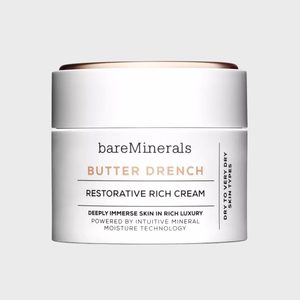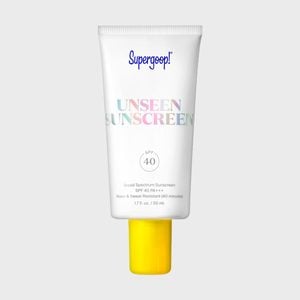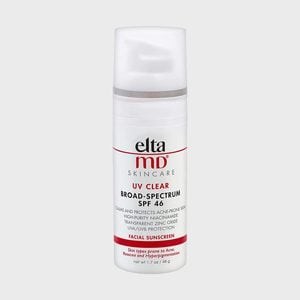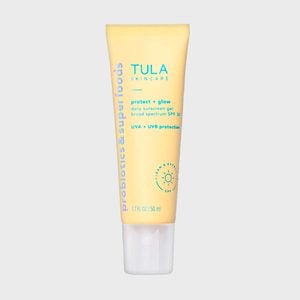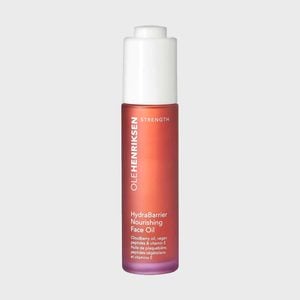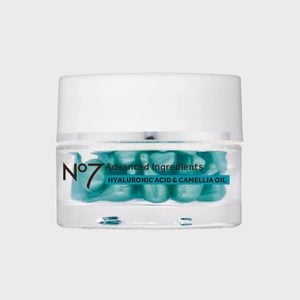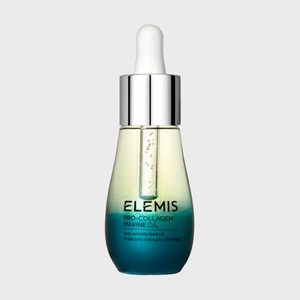The Best Skin-Care Routine for Dry Skin, According to Dermatologists
Updated: Mar. 18, 2024

If your skin is looking (and feeling!) a bit parched, nailing a daily skin-care routine for dry skin will help
Our editors and experts handpick every product we feature. We may earn a commission from your purchases.Learn more.
Having a regular skin-care routine is important—like, really important. It can ensure your complexion is kept clean, hydrated and glowy. In fact, the experts we spoke with say you should think about it in the same way you think about other daily self-care moves. “Just like brushing your teeth or eating healthy, it is a daily necessity to care and tend to your skin,” says Mona Gohara, MD, associate clinical professor of dermatology at the Yale School of Medicine. Depending on your specific needs, there may be different things you need to add to your regimen. For example, the best skin-care routine for your 30s may be a bit different than skin care for men. And if you have skin that’s often parched? Well, a skin-care routine for dry skin is even more crucial.
When you have dry skin, your complexion is prone to dullness, irritability and more. Thankfully, a skin-care routine specifically created to help retain and infuse moisture can do wonders. Below, we dive into what causes dry skin in the first place and what a skin-care routine for dry skin should look like. We even make some product recommendations from the best skin-care brands.
Also check this if you want to know how often should you wash your face and its routine.
Get Reader’s Digest’s Read Up newsletter for more beauty, humor, cleaning, travel, tech and fun facts all week long.
What causes dry skin?
Before diving into the best skin-care routine for dry skin, it’s helpful to know what causes dryness in the first place. The answer: A variety of things. “Sun, dehydration, aging, free radicals, weight loss, using products that contain alcohol, cold weather,” lists Sherly Soleiman, MD, a board-certified dermatologist in Sherman Oaks, California.
Some people also just tend to run a bit drier than others, just as some people naturally produce more oil, warranting a skin-care routine specific to oily skin.
Not sure you have dry skin? If your skin feels a little rough when you touch it, that’s one sign. According to the American Academy of Dermatology, other signs include flakiness, itchiness or stinging when you apply a product.
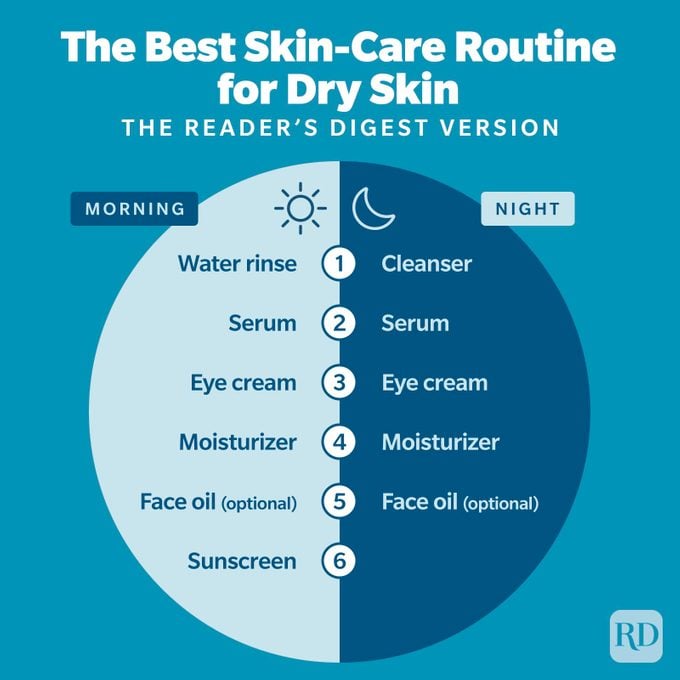
Skin-care routine for dry skin
Now that you understand the importance of a skin-care routine for dry skin, it’s time to drill down into what it should look like. There are five basic steps that experts agree this type of regimen should include:
- Rinse and/or wash with cleanser.
- Apply a serum.
- Tap on eye cream.
- Apply moisturizer.
- Slather on sunscreen.
Of course, there are some optional things you can do for extra credit—like using a face oil or applying a deeply hydrating face mask every once in a while. Keep reading for intel on what each of these steps should look like if you have thirsty skin.
1. Cleanse your skin
Regardless of your skin type, washing your face is a must. But how often you do it and what you use will depend on your complexion. “With dry skin, you want to wash less frequently to avoid stripping away moisture,” says Dr. Gohara.
Dr. Soleiman suggests washing no more than twice a day—once is even better if you can get away with it. For most people, washing in the morning isn’t necessary, especially if you’ve washed the night before. (And double cleansing in the morning is probably overkill.) Simply rinse with water and move on to your morning serums.
Water temperature is also something to keep in mind. “Stick with lukewarm or cold water,” Dr. Gohara says, pointing out that hot water can further dry out skin.
Find the best cleanser for your skin type
“When you are dealing with dry skin, it’s best to use a gentle cleanser,” says Dr. Soleiman. Many brands sell face washes and micellar waters that let you know right on the bottle that they’re gentle. In addition to this, look for face washes with the following hydrating ingredients:
- Hyaluronic acid
- Ceramides
- Glycerin
- Antioxidants
When it comes to ingredients to avoid, it’s best to skip cleansers that contain salicylic acid, alcohol and benzoyl peroxide, all of which can be drying.
Need a cleanser specifically formulated for dry skin? These picks are all gentle and contain ingredients that add moisture:
2. Apply a hydrating serum
Another product you need in your dry skin arsenal is a serum, which you’ll use after cleansing but before moisturizing to deliver potent ingredients straight to your skin. You can find all types of serums out there, but the best face serums for you will help your skin glow, enhance hydration, reduce wrinkles and more.
Many serums are intended for nighttime use, though there are plenty made for daytime wear as well. “I like to double moisturize similar to how people double cleanse,” says Dr. Gohara. “I recommend using a serum under a heavier cream at night to offer strong hydration.” P.S. If you’re looking to make the most out of your skincare products, the Medicube Age-R device will do wonders in boosting skin absorption.
Find the best serum for you
From vitamin C serum to retinol serums, there’s a formula for every concern. If hydrating your dry skin is the goal, there are a few ingredients to look for.
A hyaluronic acid serum is a smart option that can be used in the morning or at night. Known as a super-hydrating ingredient, it pulls water to the skin. Another option: “I suggest looking for something with peptides or collagen, as they both help you lock in moisture,” says Dr. Gohara.
The serums below are all A-plus options for anyone concerned with skin care for dry skin.
3. Tap on an eye cream
The skin around your eyes tends to be thinner, making it even more prone to dryness. And as Dr. Gohara points out, dry skin has a tendency to look more wrinkled. Eye cream can help. In fact, if your skin is parched enough, a simple moisturizing eye cream will make a huge difference—you don’t even need to invest in an anti-aging eye cream.
It is best to use eye cream at night so that it really has a chance to sink in and go to work as you sleep. To apply it, Dr. Gohara suggests putting the product on your ring or middle finger, because those are less dominant than your pointer finger, so they’ll be more gentle. “Then tap it around your eye area—do not tug the sensitive skin,” she says.
Find the best eye cream for you
Are you getting tired of hearing about the wondrous hydration abilities of hyaluronic acid? It’s just that good for dry skin. “When it comes to eye creams for dry skin, you want one with hyaluronic acid or ceramides,” says Dr. Gohara. Ceramides are lipids that help protect your skin barrier so moisture doesn’t slip out.
Some good news? There aren’t ingredients you need to stay away from when it comes to eye creams. The skin is so sensitive in that area that eye creams are formulated with safe and nonirritating ingredients. In other words, there’s nothing in an eye cream that should aggravate dry skin.
4. Apply moisturizer
Repeat after us: Day and night, moisturizer is a must. During the day, a lightweight face moisturizer packed with hydrating ingredients will work. But at night? That’s a different story.
“A big mistake I see is that people with dry skin don’t use something heavy enough—you want a thicker cream formula,” Dr. Gohara says. This means that if your skin is really dry, you may want to have two moisturizers in your medicine cabinet, one that is a bit lighter and absorbs easily for daytime, and one that’s thicker and more heavy-duty for night.
Find the best moisturizer for you
When it comes to daytime moisturizers, Dr. Gohara suggests looking for something formulated with glycerin (which pulls water from the air into your skin), hyaluronic acid or ceramides. For daytime, you could also choose a moisturizer with SPF in it—though our experts highly recommend you use a separate SPF as part of your routine.
At night, whether you’re applying an anti-aging cream or simply a formula targeting hydration, go for a thick, moisturizing night cream. You can look for some of the same ingredients you’d seek out in a daytime lotion, but also keep an eye out for even more heavy-duty hydrators. “I recommend anything with shea butter, since it offers that deeper hydration that’s perfect at night,” says Dr. Gohara.
5. Slather on sunscreen
“Applying sunscreen is important regardless of whether you have dry skin or not,” says Dr. Soleiman. In other words, it’s a must for everyone. Not only can sun exposure cause skin cancer, but it also can lead to premature aging, dark spots and skin dehydration.
Wearing an SPF does have an added bonus for those with dry skin, though: “Sunscreen can also prevent the evaporation of water from the skin,” she shares.
Find the best sunscreen for you
When it comes to shopping for an SPF for your face, there is one big requirement: “It should always be an SPF 30 or higher,” says Dr. Gohara.
From there, you can determine the type of formula that is ideal for you. Gel, cream, tinted—there are a number of options. There are even powder sunscreens, though those with dry skin should avoid them, as the powder can make dry skin look even more parched.
Tinted sunscreens are particularly nice, because they don’t leave behind a white cast and can even out your skin tone.
Optional: Face oil
If you find that your skin is super dry, introducing a face oil may be a good idea. This is because face oils add an extra dose of moisture. “They are a good barrier for skin dehydration,” says Dr. Soleiman. “Use them morning or night—either is fine.”
If you do choose to use one in the morning, just know that they can leave your skin looking a little shiny. If you don’t like that, stick to using one at night. Oh, and if you happen to have dry skin that is also acne-prone, Dr. Soleiman says you should skip face oil because it can clog pores.
Find the best face oil for you
For dry skin, our experts agreed that a thicker face oil is ideal. Applying it after your serum (in place of a moisturizer) can help lock in your serum so it really absorbs into your skin. Or apply it after your moisturizer to help that hydration really sink into your skin. Similar to other products for dry skin, you can look for moisturizing ingredients like ceramides, hyaluronic acid, collagen and peptides.
Dry skin tips
Now that you have your skin-care routine for dry skin on lock, learning other ways to keep your complexion moisturized and fresh can be helpful. These dermatologist-approved tips will help you practice proper skin care for dry skin.
- Drink lots of water: Staying hydrated in general can help keep your skin plump and moisturized, says Dr. Soleiman. The National Academies of Sciences, Engineering and Medicine recommend that men drink 3.7 liters of water per day and women drink 2.7 liters a day.
- Don’t get too rough: We already told you to stay away from products with alcohol. You should also be careful with face scrubs, as well as retinols and retinoids. These can irritate dry skin.
- Embrace face masks: If the weather has been cold, you’ve been spending lots of time in an air-conditioned room (which can dehydrate skin) or you’ve noticed your skin is extra dry, slap on a face mask. Whether you opt for a sheet mask or the type you spread over the skin, moisturizing face masks are designed to infuse a punch of hydration very quickly.
Sources:
- Mona Gohara, MD, associate clinical professor of dermatology at the Yale School of Medicine
- Sherly Soleiman, MD, board-certified dermatologist in Sherman Oaks, California
- American Academy of Dermatology: “Dry Skin: Signs and Symptoms”
- National Academies Press: “Dietary Reference Intakes for Water, Potassium, Sodium, Chloride, and Sulfate”





















